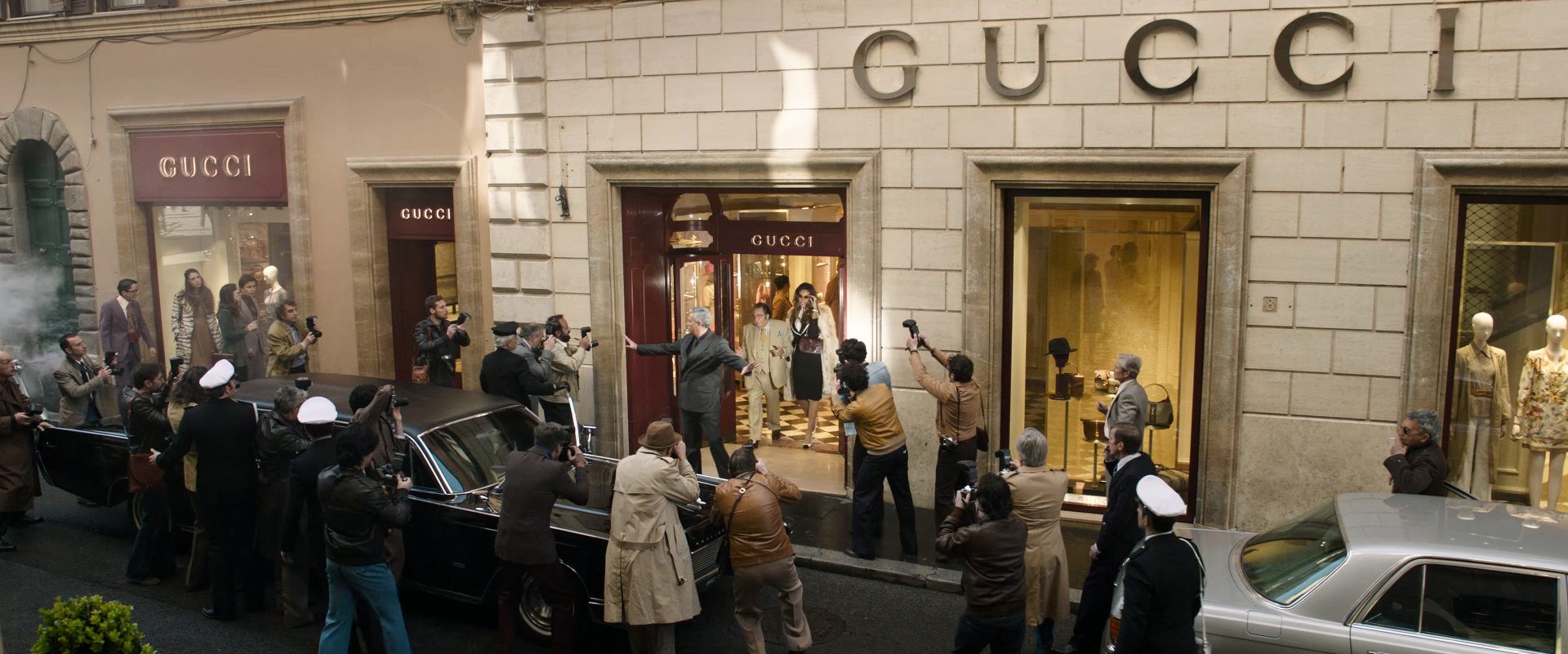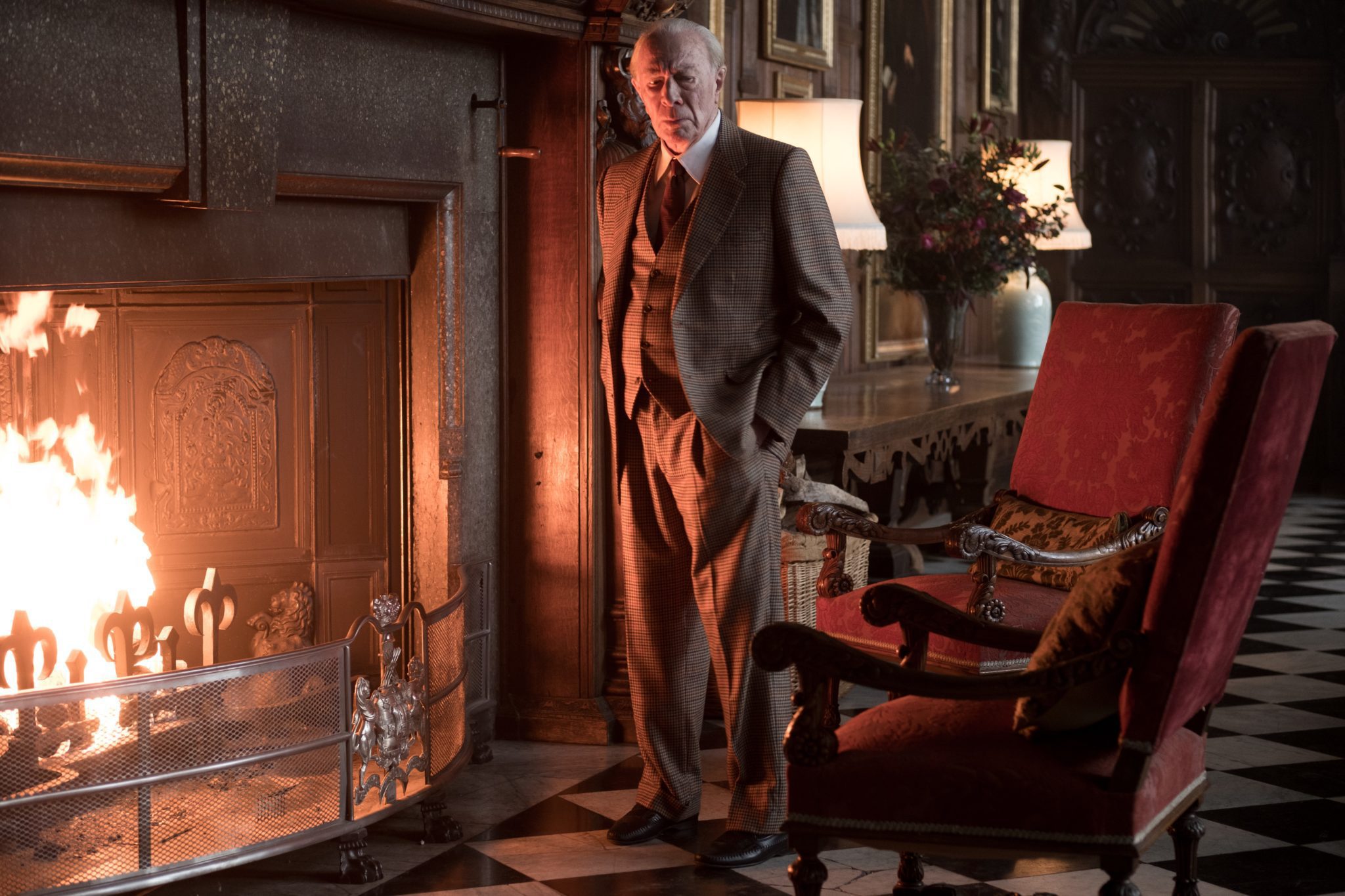
The Boys in the Boat: Pulling together
“It’s not about you; it’s about the boat.” The most prevalent trope for sports film is overcoming adversity. The Boys in the Boat, directed by George Clooney, certainly fits that pattern. Based on the book by Daniel James Brown (adapted into a screenplay by Mark L. Smith), this is the true story of the 1936…




